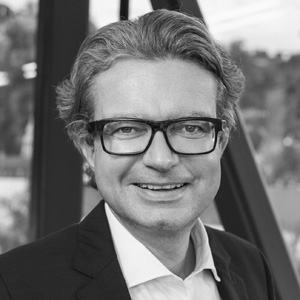In my encounters with confirmation candidates, I repeatedly notice how much the world in which we live – and in particular the world in which young people live – has changed as a result of digitalisation. Partly – and this is undisputed – for the good: distances are overcome, information is available at the press of a button and many tedious tasks are being taken off our hands by new developments. The digital world is part of our everyday life; indeed, it has a firm grip on it. But wherever we tread new ground, we do well to look carefully, to probe and evaluate what this new territory involves – which may not be something it is prepared to reveal at first glance.
The historian Yuval Noah Harari refers to an iron law of history: luxury, he says, quickly becomes a necessity, thereby creating new compulsions for humans and society. The ancient “principium plenitudinis” or principle of plenitude teaches the same lesson with its claim that whatever is possible must become reality. Abundance becomes a compulsion: everything must happen immediately. But the supposed power and the freedom that is longed for as a result do not deliver on their promise. The opposite occurs: we have little scope for extricating ourselves from constraints under which we find ourselves.
Are our digital achievements a luxury of our time that is changing from a necessity into a compulsion? How are we going to deal with the supposedly infinite options that can also block off pathways? And what are the ethical implications of venturing into these new areas that confront us with phenomena such as cyberbullying? We need to wrestle with these questions and search for answers. This involves recognising the opportunities that digitalisation presents, looking at the whole picture, not judging prematurely and – above all – drawing on our Christian sensibility to help shape this new world.




